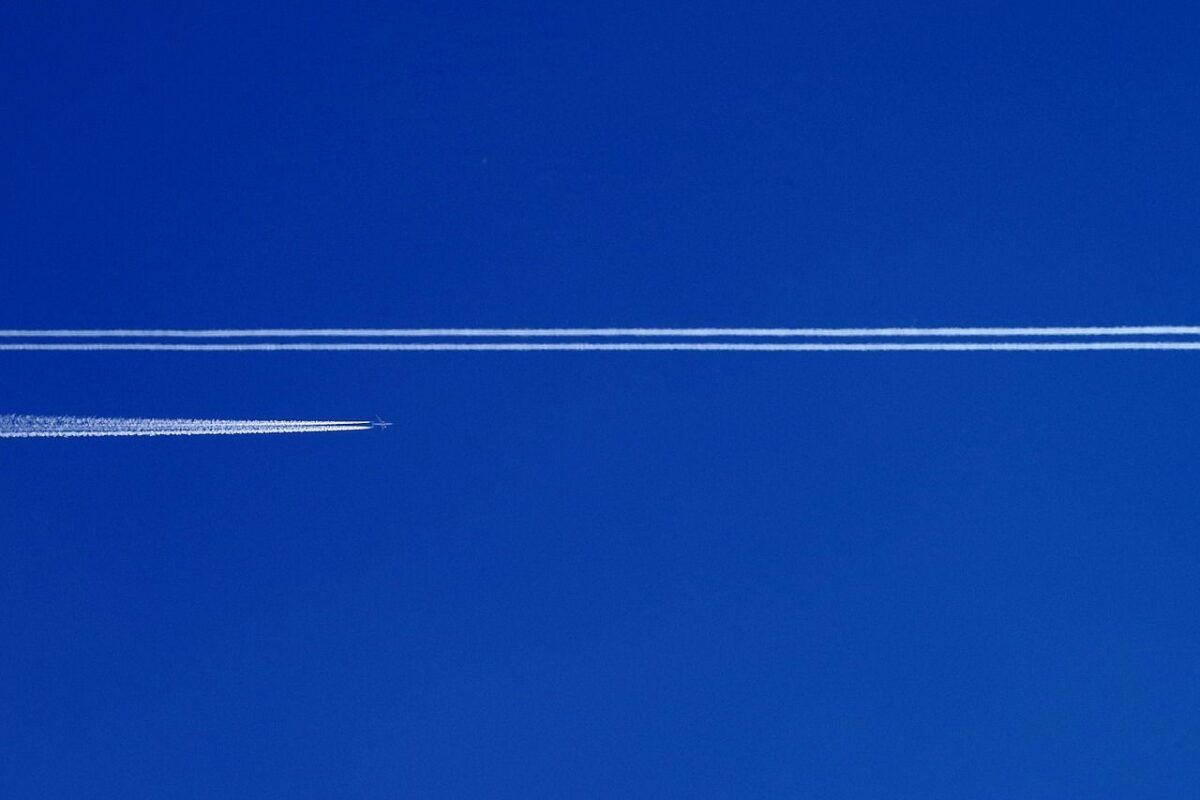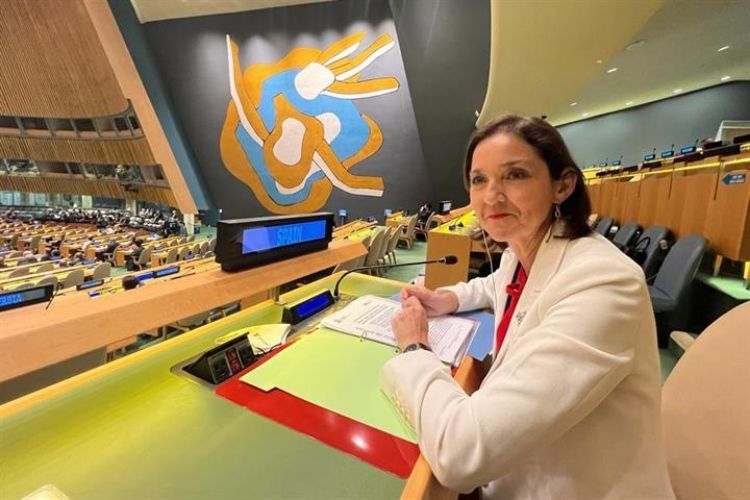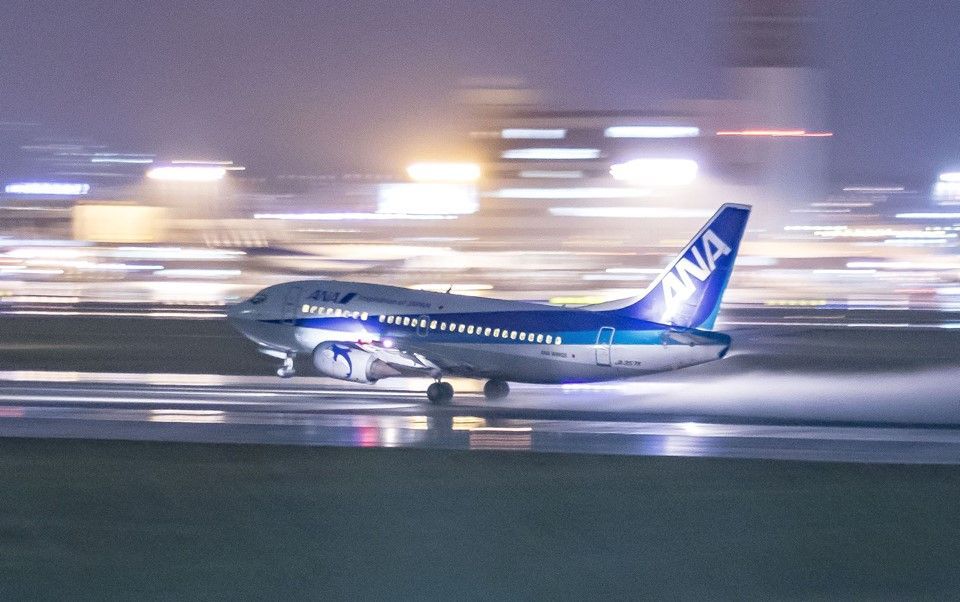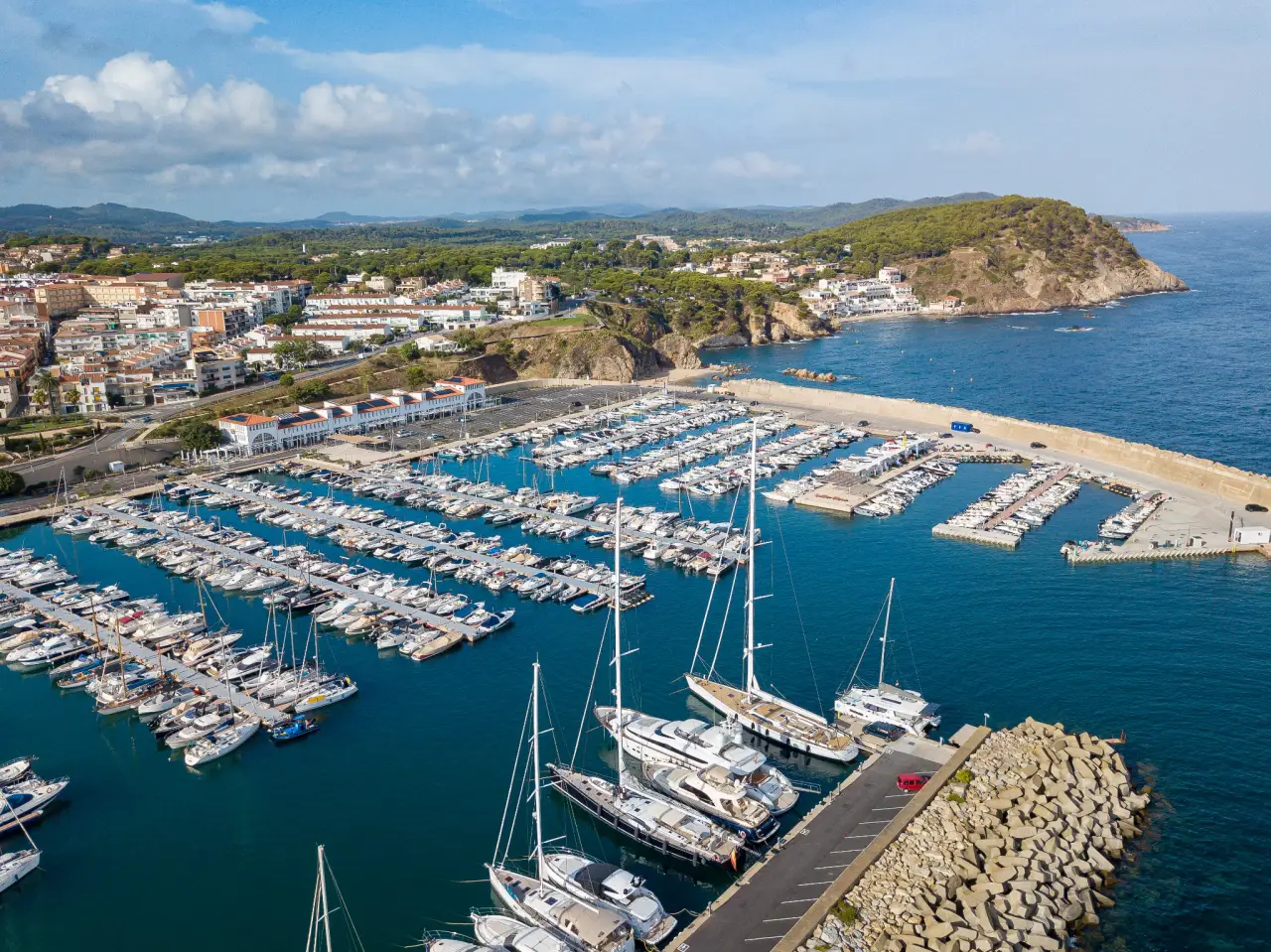Singapore is set to become a frontrunner in the global aviation industry’s shift towards sustainability by requiring all departing flights to utilize sustainable aviation fuel (SAF) starting in 2026.
This announcement was made by the country’s Transport Minister, Chee Hong Tat, during the Changi Aviation Summit, on the cusp of the Singapore Airshow.
The initiative aims to achieve a 1 percent SAF usage by 2026, with aspirations to increase this target to between 3 and 5 percent by 2030. These goals hinge on global progress and the broader availability and embrace of SAF, as outlined by the Civil Aviation Authority of Singapore (CAAS) after thorough consultations with industry stakeholders.
SAF’s role is deemed crucial in the aviation sector’s journey towards decarbonization, potentially contributing to approximately 65 percent of the required carbon emission reductions to reach net-zero by 2050. Despite SAF currently representing a mere 0.2 percent of the jet fuel market, projections suggest its share could surge to 65 percent by 2050 as part of the industry’s overarching net-zero emissions plan.
However, challenges remain, including SAF’s price, which is up to five times higher than conventional jet fuel, and uncertainties surrounding its demand and supply dynamics. In response, CAAS has proposed a SAF levy to ensure cost certainty for airlines and passengers, adjusting the levy based on various factors, including travel distance and class.
For instance, the levy to support the 1 percent SAF goal in 2026 could slightly increase ticket prices for economy class passengers traveling from Singapore to Bangkok, Tokyo, and London by estimated amounts of SGD3, SGD6, and SGD16, respectively. Passengers in premium classes will face higher levies, as noted by Singapore’s aviation regulator.












